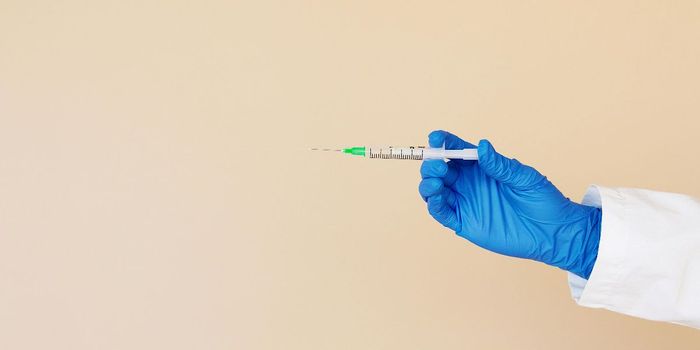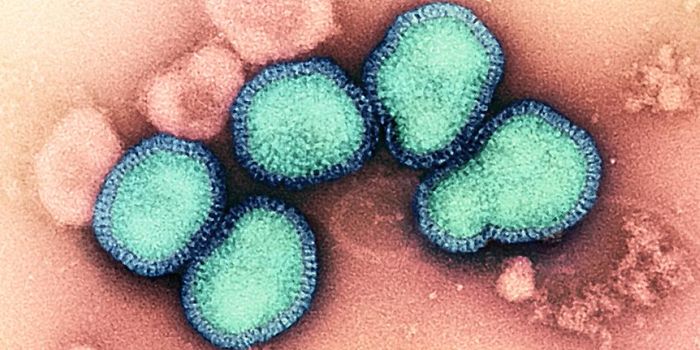People who suffer persistent itching without any clear cause may have previously unrecognized defects to their immune system, according to a small study.
Image Credit: iStockphoto
“As doctors, we throw things like antihistamines, ointments, and lotions at patients who suffer chronic itching, but if there is something profoundly abnormal about the immune system—as it appears there is—then we can’t solve the itching until we address those underlying causes,” says principal investigator Brian S. Kim, an assistant professor of medicine in the dermatology division at Washington University in St. Louis.
“The immune system needs to be in balance, and we hope to find ways to restore that balance in patients with this very debilitating condition.”
For the study, published in the
Journal of the American Academy of Dermatology, researchers took blood samples and skin biopsies from a small sample of patients—only four are reported in the study—to look for immune problems. They found “an incredible amount of dysfunction,” Kim says, adding that he has seen similar defects in numerous other patients not included in the current study.
The four patients in the study were ages 75 to 90. In blood samples, three of those four had high levels of the protein IgE—an immunoglobulin that is a marker of inflammation. Immunoglobulins are antibodies deployed by the immune system to fight infections. Elevated levels of IgE often are seen in patients with allergies.
The patients also had very low levels of an immunoglobulin known as IgG; abnormally low counts of a type of immune cell called a CD8 T-cell; and an elevated number of immune cells called eosinophils, which are markers of allergic inflammation.
“Curiously, none of these patients had any history of allergic disorders,” Kim says. “We often see similarly high counts of eosinophils in patients with eczema, but the patients we studied didn’t have eczema. They didn’t even have a rash. Only itching.”
Dermatologists frequently take skin biopsies when a patient has a rash, but with chronic itching of unknown origin, which doctors call chronic idiopathic pruritis, there is nothing evident to biopsy.
Most patients with this type of unexplained, chronic itching tend to be older and develop itching problems later in life, says first author Amy Xu, a medical student in Kim’s lab. “It may be caused by some sort of wear and tear on the immune system.”
Because of the small number of patients in the study, it’s too soon to draw firm conclusions, but the itching may be an indication that something else in the body is going wrong, Kim says.
“We have begun working on a mouse model in which the animals have similar defects. We want to learn whether these changes in the immune system create only itching or whether they could be signs that some other problem is present.”
The National Institute of Arthritis and Musculoskeletal and Skin Diseases, the National Institute of Allergy and Infectious Diseases and the National Institute of Diabetes and Digestive and Kidney Diseases of the National Institutes of Health supported the work.
Source:
Washington University in St. Louis
This article was originally published on
futurity.org.









